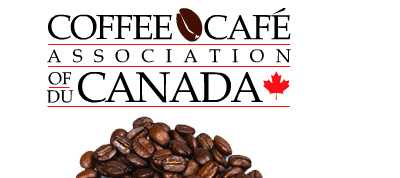TORONTO, Canada – Evidence suggests that moderate caffeine consumption helps to improve alertness and concentration. A 75mg serving of caffeine – the amount found in approximately one small regular cup of coffee or a cup of espresso – leads to both increased attention and alertness.
According to a recent opinion by the European Food Safety Authority (EFSA) on the basis of the data presented, a cause and effect relationship has been established between the consumption of caffeine and increased attention. (i)
In 2011 the European Food Safety Authority (EFSA) assessed a large number of studies focused on the impact of caffeine on mental performance, and concluded that there is sufficient scientific evidence to support a cause and effect connection between caffeine and alertness and attention.
Further, there is some evidence to suggest potential benefits of coffee and caffeine in situations that require increased alertness e.g. night shifts and jet lag. EFSA’s opinion, based on numerous studies over the last decades, confirms the positive effects of caffeine on reaction time.
Although coffee’s effect on increasing alertness is well documented, with demonstrated effects on enhancing alertness where it is low and where it is already at normal levels, studies suggest higher caffeine intake does not necessarily result in additional increases in alertness. (ii)
In other studies this heightened alertness and focus has been linked to improved test scores in academic environments. A 2010 analysis of non-habitual caffeine consumers found the best results for visual attention are achieved with 200mg caffeine (the equivalent of about two regular cups of coffee).
Similar experiments by the same research group reported that a higher dose of 400mg of caffeine is required to enhance vigilance and visual attention in habitual coffee consumers (i.e. individuals who drink caffeinated coffee on most days of the week. (iii)
While caffeine may increase alertness and reduce reaction time and improve alertness while driving, in no way will consuming caffeine counteract drivers’ alcohol-induced impairment after alcohol ingestion.(iv)
(i) European Food Safety Authority – EFSA Panel on Dietetic Products, Nutrition and Allergies (NDA) (2011).www.efsa.europa.eu/en/efsajournal/pub/2054.htm
(ii) Brunyé TT, et al (2010
(iii) Brunyé TT, et al (2010
(iv) Smillie LD, et al (2010). Caffeine enhances working memory for extraverts
Source: Coffee Association of Canada














